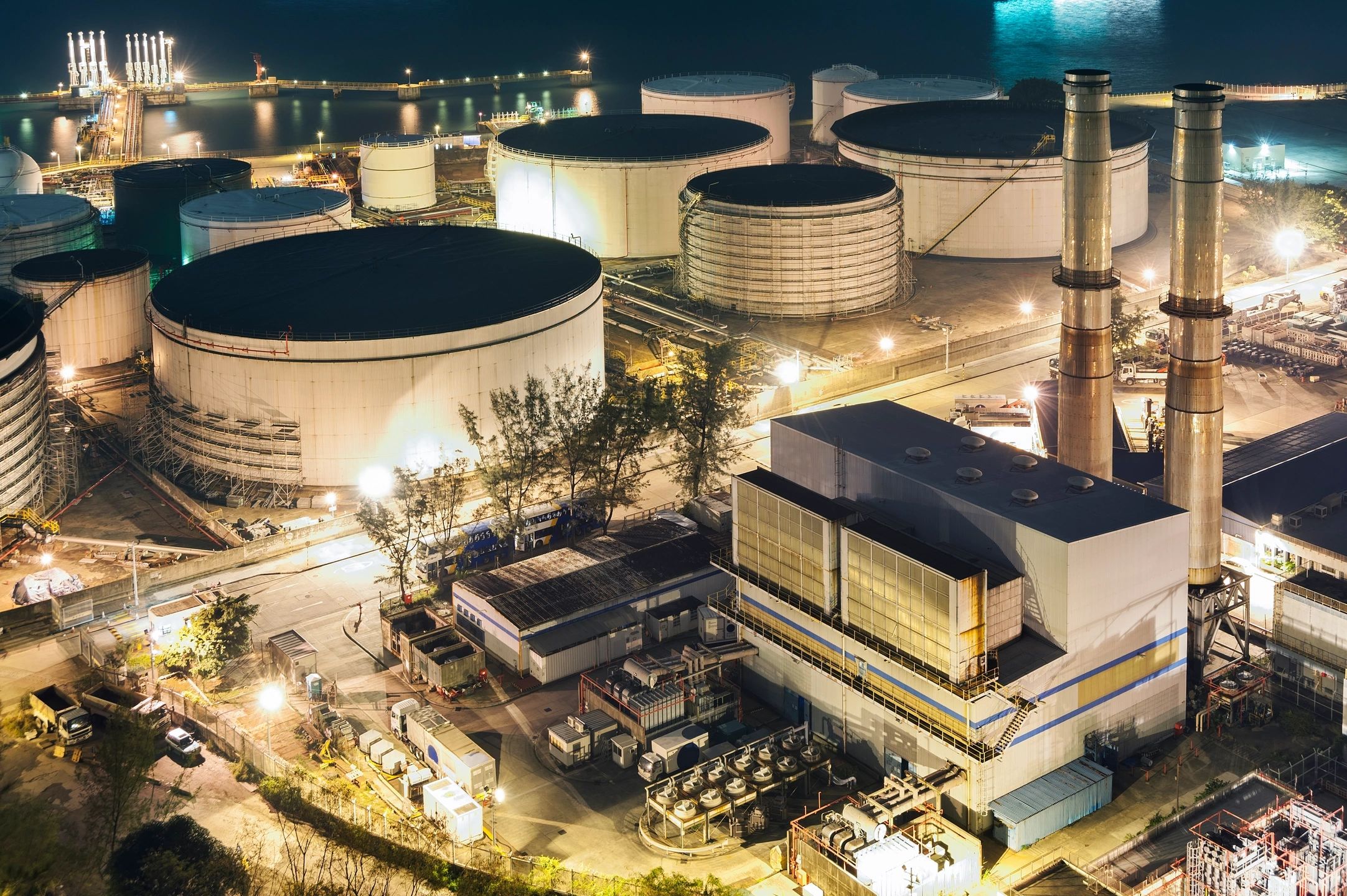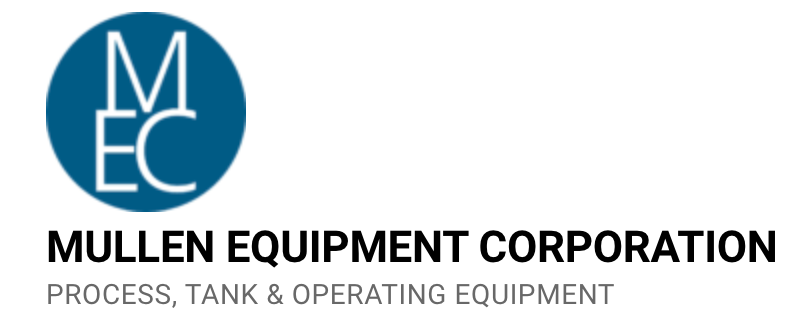10 Essential Tips for Tank Maintenance

Tank equipment is crucial for various industrial processes, and its proper maintenance ensures smooth operations, prolongs equipment lifespan, and prevents costly breakdowns. In this blog, we will discuss ten essential tips for maintaining tank equipment effectively.
1. Regular Inspections:
Perform routine inspections to identify any signs of wear, corrosion, or damage. Inspect the tank, valves, pipes, and fittings to ensure they are in good working condition.
2. Cleanliness is Key:
Keep tanks clean to prevent the buildup of residue, sediment, or contaminants. Regular cleaning helps maintain product quality and prevents equipment deterioration.
3. Follow Manufacturer Guidelines:
Refer to the manufacturer’s guidelines for specific maintenance requirements. Adhering to these instructions ensures optimum performance and prevents voiding warranties.
4. Lubrication:
Apply proper lubrication to moving parts, such as valves and hinges, to reduce friction and prevent premature wear. Use lubricants recommended by the manufacturer for best results.
5. Regular Testing:
Periodically test tank equipment for leaks, pressure, and any performance issues. Implementing a comprehensive testing schedule helps identify problems early and prevents potential failures.
6. Monitor Temperature and Pressure:
Maintain appropriate temperature and pressure levels within tanks to prevent excessive strain on the equipment. Implement regular monitoring and make adjustments as needed.
7. Proper Storage:
If tank equipment needs to be stored for extended periods, follow proper storage procedures. This includes cleaning, draining, and protecting the equipment from external elements.
8. Maintain Documentation:
Keep detailed records of maintenance activities, including inspection dates, repairs, and any relevant data. This documentation aids in identifying patterns, tracking equipment history, and planning future maintenance.
9. Staff Training:
Train employees on proper tank equipment operation and maintenance protocols. Educating the workforce ensures everyone understands their responsibilities and can identify potential issues.
10. Regular Maintenance Schedule:
Develop a proactive maintenance schedule that includes routine cleaning, inspections, and servicing. Adhering to a regular maintenance routine minimizes the risk of unexpected breakdowns and extends equipment life.
Proper tank equipment maintenance is essential for optimal performance, minimizing downtime, and ensuring a safe working environment. By implementing these ten essential tips, businesses can proactively care for their tank equipment and reap the benefits of improved productivity, longevity, and cost savings. Remember, prevention is always better than a costly cure when it comes to tank equipment maintenance.
